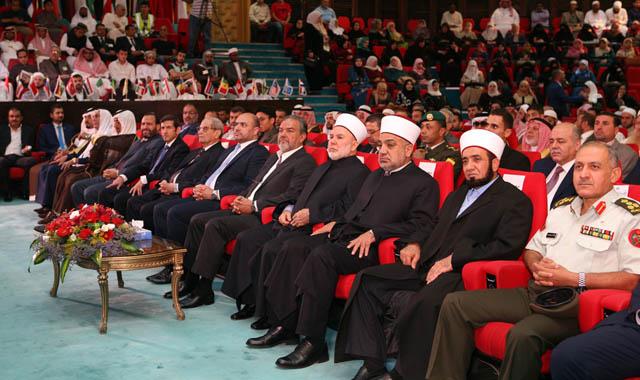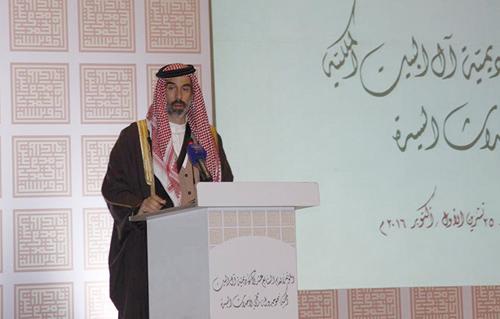You are here
Leading Muslim scholars refute IS’ ideology
By JT - Sep 25,2014 - Last updated at Sep 25,2014
AMMAN — More than 125 top world Muslim scholars have issued a statement that took the form of a letter addressed to the leader of the Islamic State (IS), Abu-Bakr Al Baghdadi, advising him to rethink his group’s extremist ideology.
Baghdadi proclaimed himself a caliph for all Muslims as his terrorist group made lightning victories in north Iraq in June.
The statement was signed by HRH Prince Ghazi, the chairman of the Amman-based Royal Aal al-Bayt Institute for Islamic Thought, along with top clerics from all over the world, including the US, Europe, Africa and Asia.
The letter, signed on Friday and carried by the Jordan News Agency, Petra, on Wednesday, focused on the values of tolerance and mercy preached by Islam, and refuted the tenets of the extremist ideology represented by IS, Al Qaeda and similar “jihadist groups”.
The scholars, citing key authorities in Islamic jurisprudence, listed a set of conditions that should be met by any person to be eligible to issue a fatwa, or religious, edict. They stressed that such a person cannot take Koranic verses and Prophet Mohammad’s tradition out of context to prove their arguments, which promote violence, killing and ruthless treatment of Muslims and non-Muslims alike.
In the executive summary of the scholarly piece, the clerics stressed that Islam prohibits killing envoys, including journalists, persecuting Christians and other religious communities, slavery, violations to women’s and children’s rights, torture, mutilation, destroying the shrines of prophets and Prophet Mohammad’s companions, rebelling against rulers as long as these leaders allow religious practise, and declaring a caliphood without the consensus of the Islamic Ummah.
They also underlined that belonging to nation countries is sanctioned in Islam and called on IS to adopt the so-called “fiqh-ul-Waqi” or “realistic jurisprudence” that takes new realities in life into account when formulating a religious opinion on any issue.
The mufti, under all circumstances, should be aware and well rounded in all the issues, opinions of scholars across ages, hadith, related Koran exegesis, in addition to having a full mastery of Arabic and related sciences to be eligible for issuing fatwas.
Related Articles
The government on Wednesday endorsed the 2014 amendments to the Iftaa (issuance of religious edicts) Law, holding accountable all those who issue fatwas when not recognised as authority.
AMMAN — Deputising for His Majesty King Abdullah, HRH Prince Asem Bin Nayef on Friday inaugurated the 85th Hashemite Scientific Councils ses
AMMAN — Deputising for His Majesty King Abdullah, HRH Prince Ghazi, the King’s personal envoy and adviser for religious and cultural affairs















